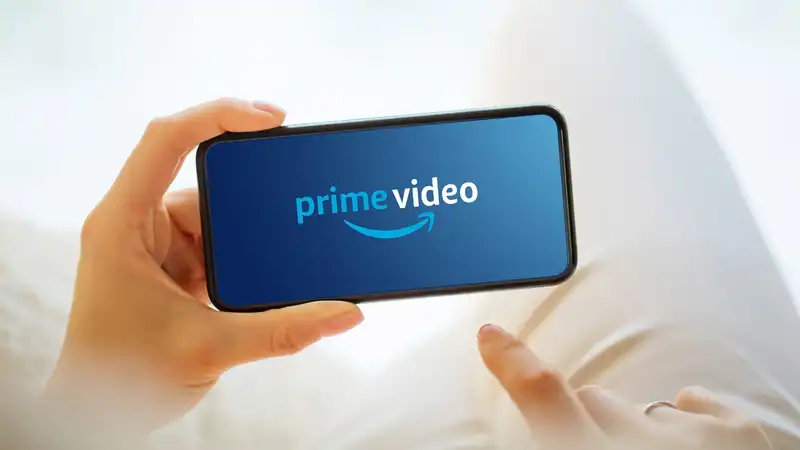Prime Video made headlines when it announced that it would introduce advertising to its streaming service. What was once a nice benefit of being an Amazon Prime member now comes with some strings attached.
The transition to ad-supported streaming began in the U.S. on January 29, and while most people are either paying an additional $2.99 per month to skip ads or silently endure them, not everyone is going down without a fight.
According to the Indianapolis Star, Wilbert Napoleon of Eastvale, California, has filed a class action lawsuit against Amazon, headquartered in Washington State. The lawsuit seeks more than $5 million in damages for the addition of advertising to the streaming service, and the legal reasoning behind the lawsuit is interesting. Napoleon claims that Amazon pulled the rug out from under customers who "purchased ad-free annual subscriptions and are currently in the middle of their subscriptions."
The logic here is that if you signed up for an Amazon Prime membership for a year (which many people do because it saves them $40 or more), then essentially Amazon changed the terms of your contract with the company in the middle of your subscription period, violating the terms of your membership.
You can read more about the lawsuit here, but basically it is false advertising. Amazon offered "ad-free streaming of movies and TV shows," people signed up for that (among other things), and then Amazon did not offer an ad-free experience. While there is certainly language buried in the Terms of Service that allows Amazon to do this, from my perspective, the argument seems quite compelling.
At this time, there is nothing for you to do in connection with this lawsuit. This class action lawsuit is brought on behalf of all affected Prime Video customers throughout the United States,
however, Prime Video members and even Amazon Prime members may not fall within this class. The legal argument here seems to be based on someone having an Amazon Prime membership for one year. In other words, if you pay a monthly Amazon Prime membership fee, or if you only have Prime Video (Prime Video is only offered as a stand-alone service on a monthly basis), you may not be eligible for coverage.
Time will tell if this argument holds up in court. For now, this is a waiting game. But if you want to cancel Prime Video or cancel Amazon Prime, we can help.










Comments